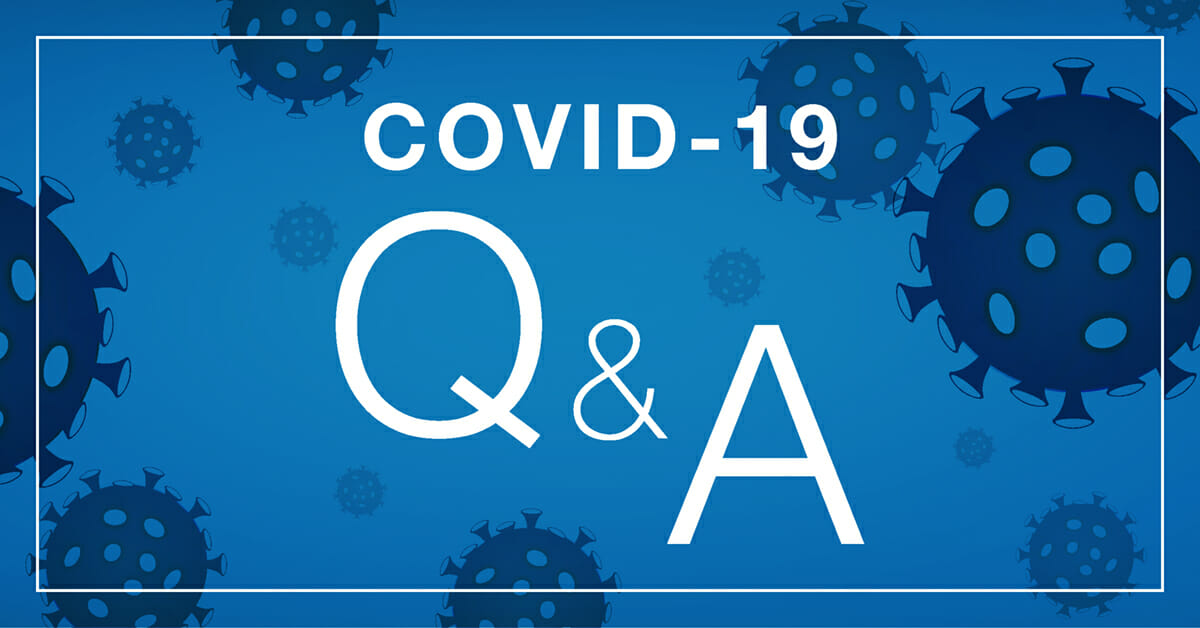Can Someone Be a Donor If They’ve Had COVID-19?
This is one of the most frequent questions we’ve received since the pandemic began. The answer depends on the scenario.

If the person has an active COVID-19 infection – maybe.
Until recently, an individual who tested positive with active COVID-19 would not be able to donate. However, transplant centers have started accepting some COVID-positive donor organs in cases where the individual has no active symptoms. Like cancer diagnoses, organ donation opportunities may still exist with the presence of a COVID positive result nasopharyngeal test and negative bronchial lavage test. Hospitals should continue to refer all patients who meet donation referral trigger criteria so LifeSource can conduct evaluation.
If the person recovered from COVID-19 – yes.
From a high level, COVID-19 is no different than any other disease or illness in that we will evaluate all potential donors at the time of death to ensure no illness or disease is passed from a donor to a recipient. LifeSource aligns with the transplant associations to ensure we are reviewing each donation against current acceptable practices.
If you support organ, eye and tissue donation, everyone should register as a donor now and let the medical professionals determine eligibility at the time of your passing. Even if you have a medical condition, it is likely you can donate your organs, eyes or tissues after your death.
Thousands of people across the country continue to need life-saving transplants. Organs from deceased donors represent a time-limited, life-saving opportunity for these individuals. That is why we remain committed to fulfilling donation decisions whenever possible during the pandemic.
You can learn more about how COVID-19 is impacting organ, eye and tissue donation here.
 Skip to main content
Skip to main content
